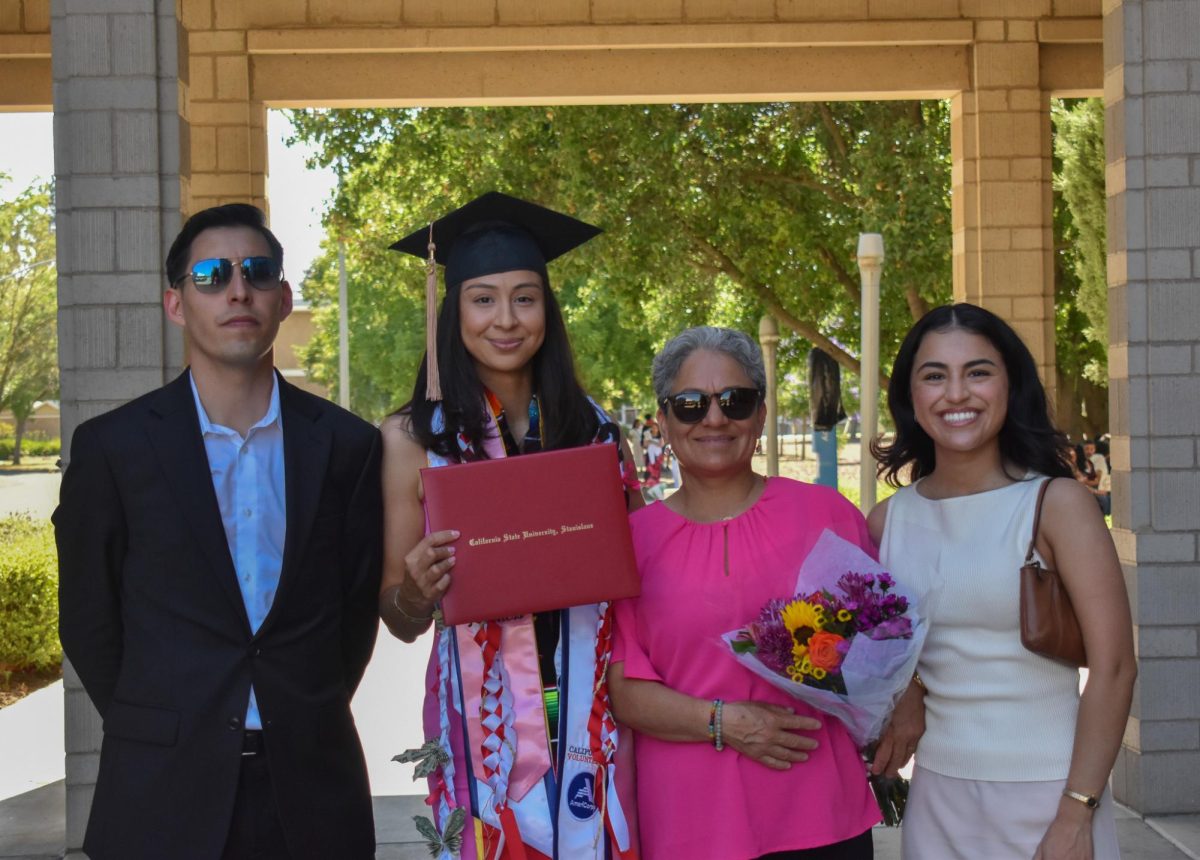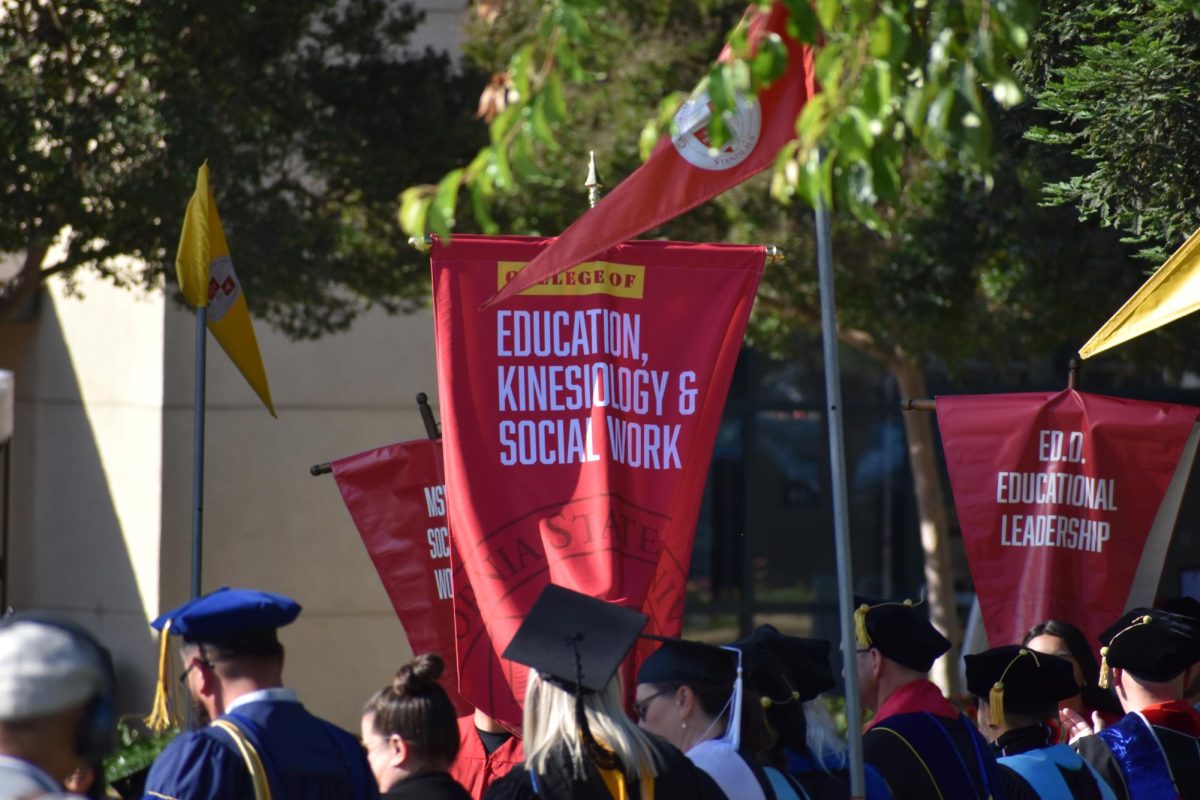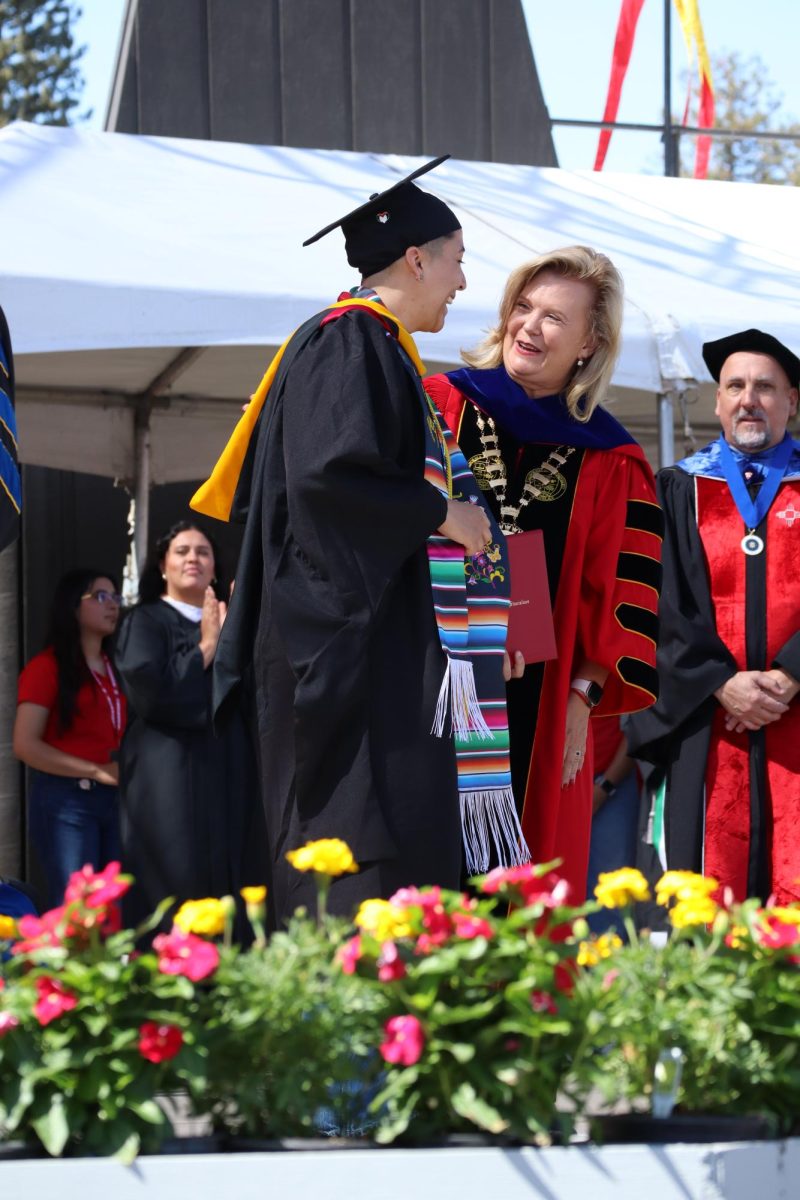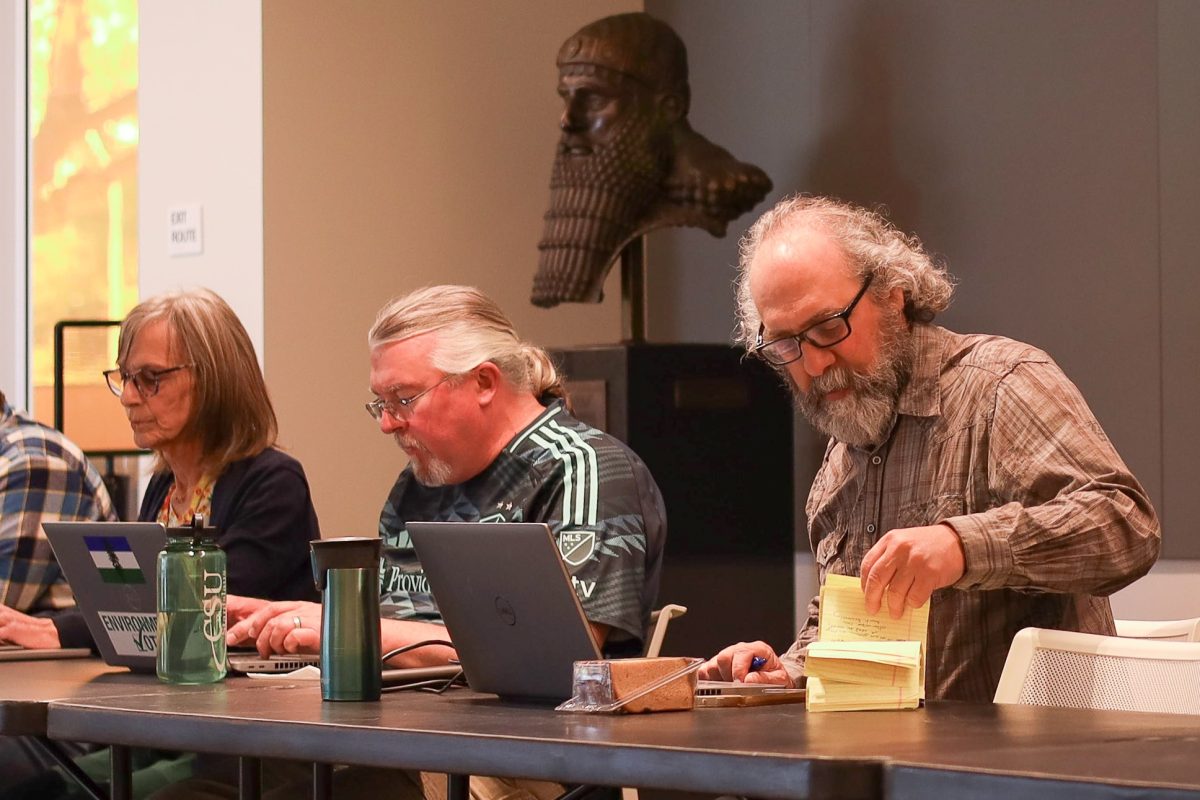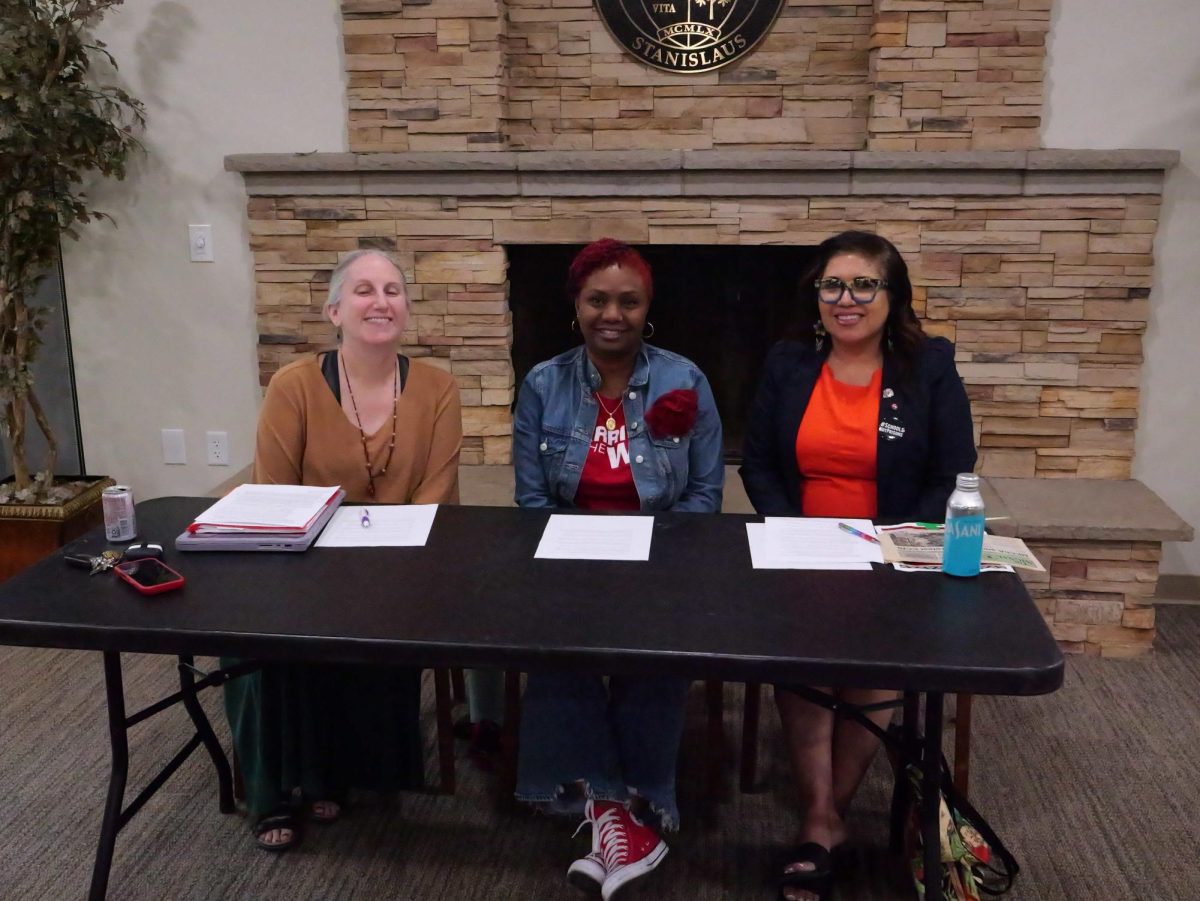On Wednesday, September 23, the California State University announced that the CSU Board of Trustees had appointed Dr. Joseph I. Castro as the eighth CSU Chancellor. Castro will be taking over the current CSU Chancellor Timothy P. White, who will be retiring after serving as chancellor for eight years at the conclusion of the Fall 2020 semester.
Castro, who was born in the nearby town of Hanford, and who is the son of Mexican immigrants, will be the first California native and first Mexican-American chancellor in the 163-year history of the California State University system. Before his appointment as CSU Chancellor, Castro was the president of California State University, Fresno for the previous seven years.
Stan State President Ellen Junn issued a statement following the announcement of Castro’s appointment as new CSU Chancellor, saying, “As president of Fresno State, Dr. Castro is familiar with the unique challenges and opportunities within the Central Valley and has worked to build a tradition of higher education in the Valley. I look forward to continuing to work with Dr. Castro as the CSU’s new chancellor.”
On Friday, September 25, the California State University website hosted an introductory livestream with Castro. Moderated by the president and CEO of the College Future’s Foundation Monica Lozano, Castro answered questions regarding his personal and academic background, as well as his vision for the CSU system to an audience of more than 6,000 viewers.
“I am so thrilled to be chancellor-select for the CSU,” Castro said. “It’s an amazing leadership opportunity [and it’s] a chance to make a positive difference for very talented students and to support our faculty and staff and our amazing alumni.”
Castro explained that, after being a student at Cal State Berkeley to obtain his B.A. in Political Science and later pursuing a Ph.D. in Higher Education Policy and Leadership at Stanford, he reflected on how much his life had been positively impacted by higher education and says that he then felt the need to help students who came from similar backgrounds as him, being a minority from a small town. “It became clear to me that universities are one of those institutions in society that transforms lives… that’s what really triggered my own interest in working in universities.”
One of the main topics of discussion was student resources. Castro says that the Coronavirus pandemic has made him and other CSU leaders realize that technology on campuses need to improve and that campuses need to direct more focus on mental health resources. Castro says that he and his colleagues have spoken about having an increase and improvement of campus resources without having to charge students extra in tuition. Castro says that the conversations he’s had so far have been encouraging and that they make him hopeful that the CSU can find affordable, but effective, solutions.
Other points of emphasis that Castro spoke about was making sure there will be more diversity amongst faculty, staff and students. According to the CSU demographics, the California State University is already one of the most ethnically and racially diverse university systems in the U.S. As of early 2020, more than 38 percent of CSU employees and 60 percent of CSU students are people of color.
Castro says that the CSU’s 53,000 diverse faculty and staff and it’s 3.8 million diverse living alumni leads him to believe that the California State University is “the most important, consequential university system in the nation.” Castro says that, although there is such strong diversity in the CSU system, it should still be a top priority to ensure that the diverse campus communities of the CSU are being empowered so that they can have a better college experience and have a greater opportunity at achieving success.
Castro also expressed his desire to increase graduation rates in the CSU system. Castro says that one of the major things holding students back from graduating in four years is money. Castro says that he would like to see more academic funding and support for groups, such as Pell students who tend to take longer to graduate, so that they can obtain their degrees in four years.
As someone who received Pell grants as a student, Castro says that it’s important for him to close the equity gap and to make sure that financial aid, or lack thereof, doesn’t hold students back. “I know it’s possible because I graduated in four years,” Castro said. “I was an EOP student and I needed a little extra support at the beginning, but once I got that, I was able to really push through… with that support, students can really achieve at high levels.”
Castro, who was born in Hanford, which is about 30 minutes south of the Fresno State campus, became emotional when talking about his experiences serving in the CSU system thus far. “Very few people get to serve at home as university president, so that’s been such a meaningful experience to do that,” Castro said. “I would say that the success that we’ve enjoyed together has changed the lives of so many talented and diverse students. The fact that they grew up under circumstances just like my own is really meaningful. That experience really drives my inspiration to do that for all of California.”
Audience members of the livestream were provided with a form underneath the video screen for questions to be submitted, but time constraints only allowed there to be one audience question to be answered throughout the entire stream. Lozano ensured that Castro would be able to answer as many of the submitted questions as possible on at another venue at a later time.
Castro will officially begin duties as CSU chancellor on January 4 of 2021.
Categories:
CSU Chancellor-Select Joseph Castro Introduced to Campus Communities Across the State
Christopher Correa
•
September 25, 2020

Photo of Chancellor-Select Joseph I. Castro provided by the California State University.
0
More to Discover


